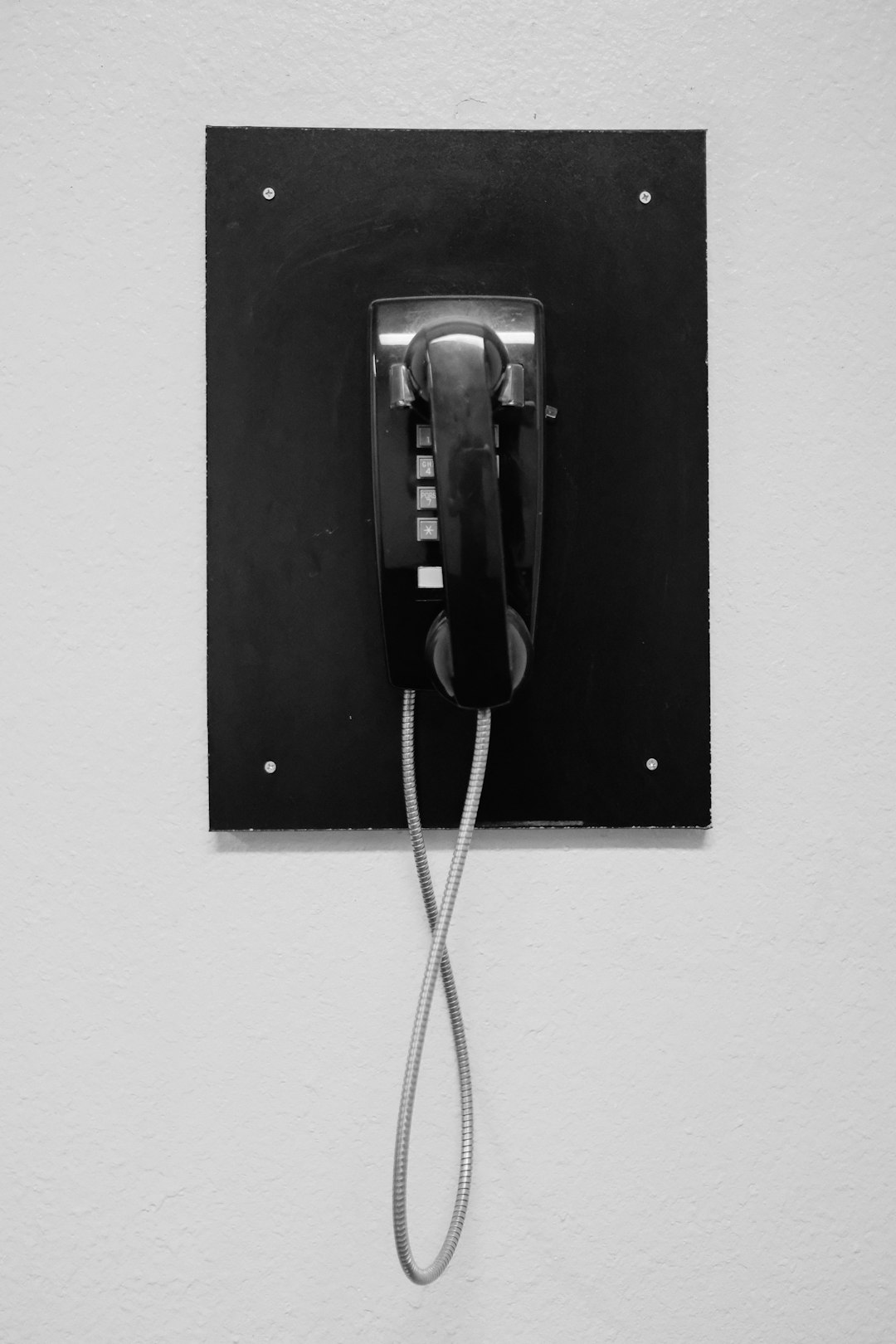In Alabama, the Telephone Consumer Protection Act (TCPA) protects residents from robocalls by restricting automated dialing and prerecorded messaging. If you receive unwanted calls without consent, including do-not-call requests, you can file a complaint with the FTC, sue for damages up to $500 per violation, and collect treble damages in some cases. Robocall scams, like impersonating government agencies or demanding upfront fees, are prevalent but legal options exist under state and federal laws. Documenting suspicious calls is crucial. Consult an attorney specializing in Alabama's robocall laws for action. First defenses include registering on the National Do Not Call Registry and using call-blocking tools. Understanding local privacy rights and reporting scams enhances tracking and protections against robocall fraud.
In the digital age, robocalls have become a pervasive and often malicious nuisance. Alabama residents face unique challenges from these automated calls, targeting personal information and wallets. Understanding your rights under Alabama’s robocall laws is crucial. This article delves into identifying common scams, explores legal recourse options, including whether you can sue for robocalls in Alabama, and provides effective strategies to protect yourself from these intrusive calls.
Understanding Robocall Laws in Alabama

In Alabama, there are laws in place to protect residents from unwanted robocalls, also known as automated telephone marketing calls. The Telephone Consumer Protection Act (TCPA) restricts how businesses can use automated dialing systems and prerecorded messages. If you’ve received a robocall in Alabama, it’s important to know your rights.
If a company violates the TCPA by calling you without your prior consent or fails to comply with do-not-call requests, you may have legal recourse. This includes the ability to file a complaint with the Federal Trade Commission (FTC) and potentially sue for damages, including treble damages in some cases. The law also permits consumers to seek up to $500 per violation, which can add up if a company persistently ignores the rules. In Alabama, understanding these laws is crucial, especially when considering whether you can sue for robocalls received in your state.
Identifying Common Scams Targeting Alabama Residents

Robocall scams are a prevalent issue in Alabama, with con artists constantly devising new ways to target residents. Identifying these common schemes is the first step in protecting yourself. One of the most widespread scams involves imposter calls claiming to be from government agencies or financial institutions. The caller may demand immediate action, threatening consequences if you don’t provide personal information or make a payment. Another frequent scam involves pre-recorded messages promising prizes or offering low-interest loans, often with a request for up-front fees.
In Alabama, as in many states, there are laws in place to protect consumers from these types of calls, and you may have rights if you’ve been a victim. If you receive suspicious calls, document the details, including the caller’s number and any recorded messages. This information can be invaluable if you decide to take legal action, which is possible under state and federal regulations, including the Telephone Consumer Protection Act (TCPA), which allows for damages if your privacy has been violated by unwanted robocalls—so don’t hesitate to consult a lawyer if you believe you’ve been scammed and consider your options, including potential lawsuits for robocalls in Alabama.
Legal Recourse: Can You Sue for Robocalls?

In Alabama, as in many states, robocall scams are a prevalent issue, but there’s good news: legal recourse is available for those affected. If you’ve received unwanted automated phone calls promoting products or services and feel you’ve been misled or harassed, you may have options to take action.
While it might seem daunting to go up against a company or individual engaging in robocall scams, Alabama laws protect consumers from such practices. The Telephone Consumer Protection Act (TCPA) allows individuals to sue for damages if they can prove that they received a robocall and suffered tangible harm as a result, such as emotional distress or loss of personal time. If you decide to take legal action, consult with an attorney who specializes in consumer rights to understand your rights and the best course of action under Alabama’s laws regarding robocalls.
Protecting Yourself: Effective Strategies Against Robocalls

In the battle against robocalls, there are several effective strategies you can employ to protect yourself in Alabama. First, consider registering your number on the National Do Not Call Registry. This federal list prevents telemarketers and automated systems from calling you, offering a significant line of defense against unwanted calls. Additionally, install reputable call-blocking apps or hardware devices that filter out robocalls with high accuracy. Regularly update these tools to stay ahead of evolving scammer tactics.
Another crucial step is staying informed about local laws regarding robocalls and privacy rights. While you can’t always stop these calls entirely, understanding your rights—including the ability to sue for robocalls in Alabama if they violate state laws or privacy regulations—gives you a powerful tool. Documenting and reporting suspicious calls to relevant authorities is also beneficial, as it helps track and penalize scammers. By combining these measures, you significantly enhance your defenses against robocall scams.






